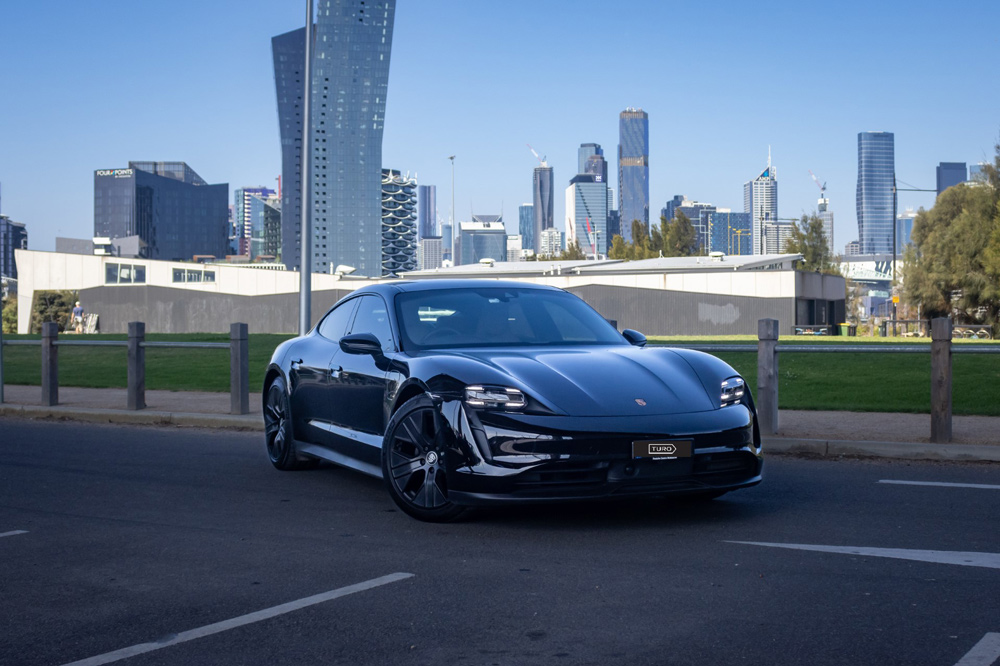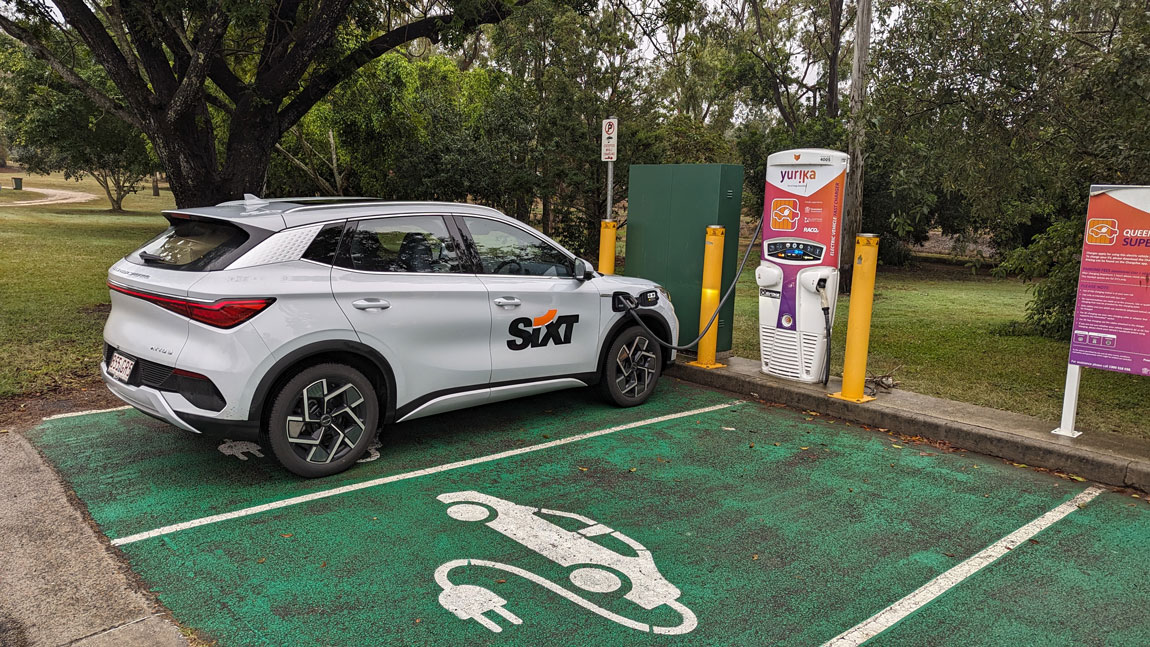For many drivers, switching from petrol to electric can be a challenging shift. There are several barriers putting the brakes on uptake, not least the unfamiliarity with how EVs operate and perform.
Enter Turo, the world’s largest peer-to-peer car sharing marketplace. The platform is backing the EV revolution by giving drivers the chance to familiarise themselves with the progressive automotive technology.
What is Turo?
Turo’s goal is to put the world’s 1.5 billion cars to better use. The company brings together a vibrant community of hosts who share their cars with guests from around the world.
Guests are able to book the car they want, when and where they want it. Whether they need a set of wheels to run errands, a truck or van to move house, or a swanky ride to mark a special occasion, there are thousands of vehicles to choose from in locations across the globe.
Operating in the United States, Canada, the United Kingdom, France and Australia, Turo’s international presence also allows travellers to tap into its network of hosts and vehicles whenever they adventure abroad.
Turo’s EV revolution
Turo is no stranger to electric vehicles. They’ve been on the platform since 2012, with a wide selection of the most in-demand and recently launched makes and models available.
In the decade since, interest in EVs on Turo has only increased. In 2022, around 14% of Turo’s Gross Booking Value (GBV) came from trips taken with a vehicle running on alternative energy.
Electric vehicles make up 13% of all active vehicles listed on the platform in Australia as of 31 March 2023 – a proportion that’s higher than any other country where Turo operates. In fact, electric vehicles are the most-booked cars on Turo in Australia.
It’s clear that Aussies are starting to embrace EVs. However, there are still numerous barriers to purchasing one, including performance concerns and operational changes (think charging infrastructure and the time it takes to charge an EV, and new features like one-pedal driving).
Fortunately, peer-to-peer car sharing platforms, like Turo, have the power to break down such barriers. Beyond being able to book a car for any adventure, Turo provides prospective EV owners the opportunity to truly try before they buy.
Rather than simply taking a car for a brief test drive, guests can really take their time and get to know the car’s most intricate features before committing to it. They can become familiar with the differences around driving an EV and have the chance to alleviate their concerns.
They’re also able to communicate directly with the host who owns it, providing a human connection to their driving experience and allowing them to discover more about the vehicle from someone who knows it intimately.
Turo’s impact
Turo’s impact certainly hasn’t gone unnoticed. The company was recently declared Carbon Neutral Certified by SCS Global Services, one of the world’s leading third-party certifiers in sustainability standards.
This makes Turo the first global carbon-neutral car sharing marketplace. The certification recognises Turo’s achievement of offsetting 100% of its annual greenhouse gas emissions in 2022.
Moving forward, Turo intends to continue driving down its emissions and maintain carbon neutrality through a number of initiatives. These include boosting the number of electric and hybrid vehicles on the platform, supporting EV financing partnerships for hosts, and promoting hybrid and electric vehicle-based trips by delivering an elevated guest experience.
In the years to come, Turo anticipates a rise in EV demand, and certainly welcomes the increased interest.
Content for this sponsored article provided by Turo




